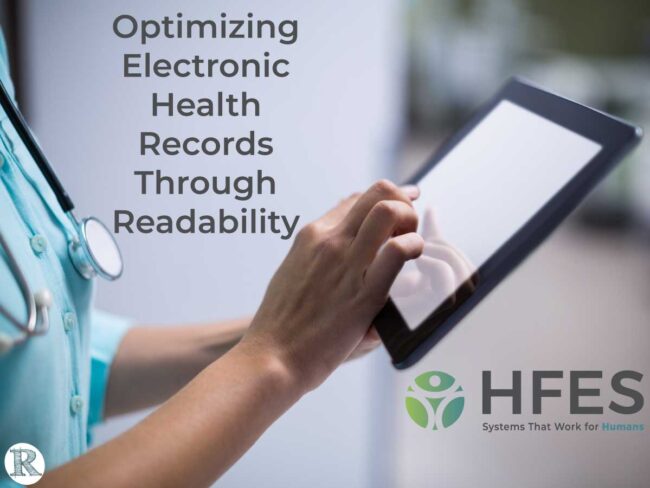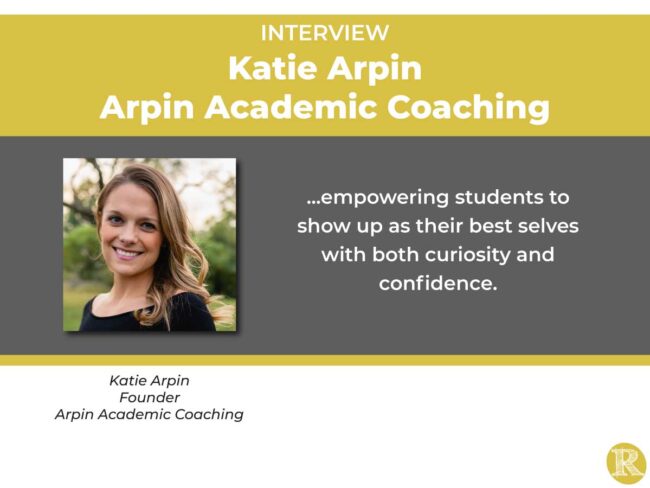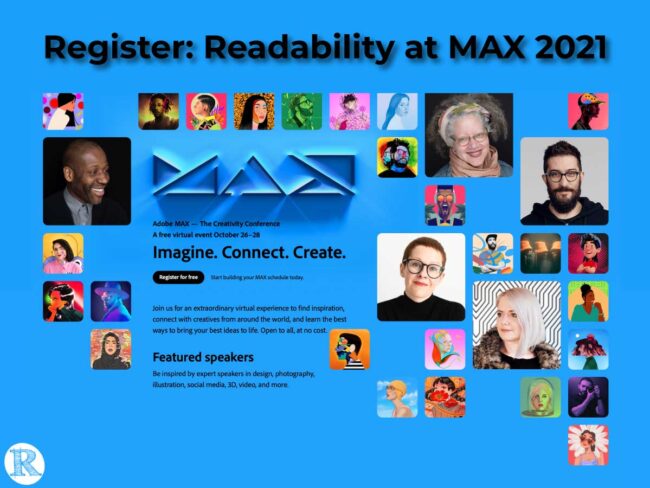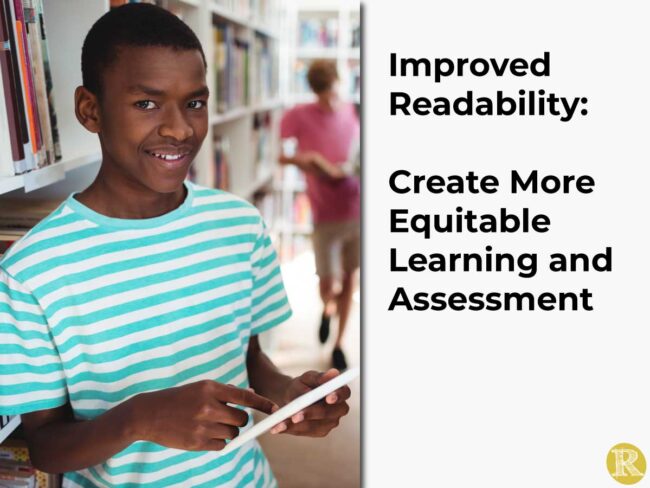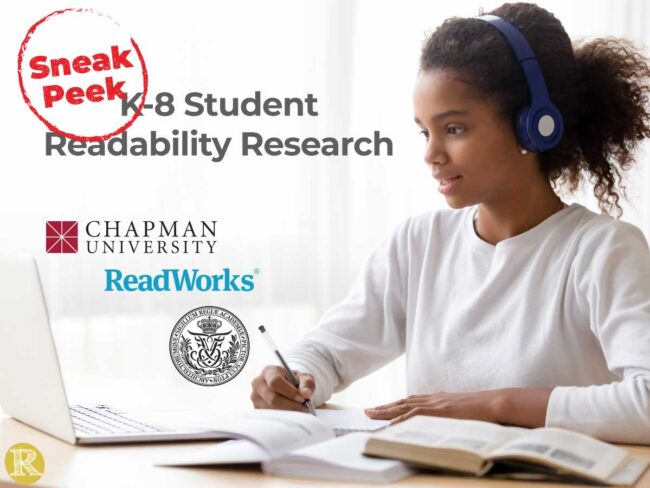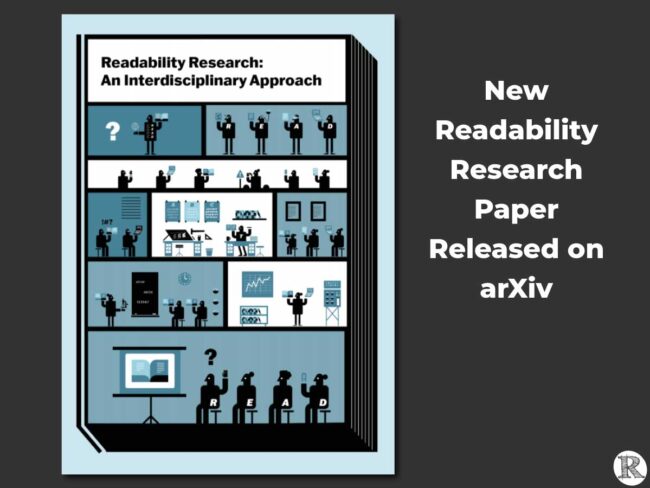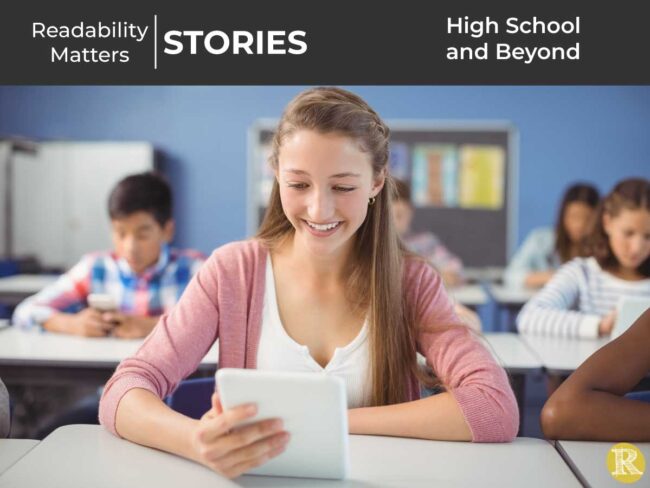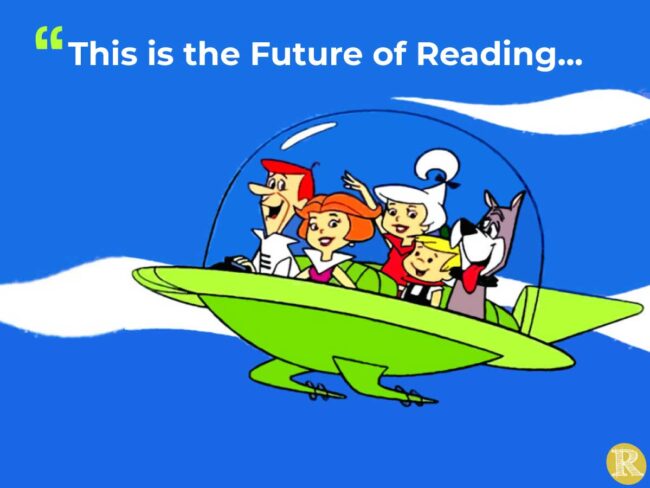Readability Matters is a tech-for-good nonprofit organization with the mission to engage an ecosystem of partners to deliver personalized reading environments, empowering everyone everywhere to achieve more.
Personalized Reading Formats Make Better Readers Readability Matters will be back at SXSW EDU. Join us in Austin as we share the stage with ReadWorks, Adobe, and the University of Arizona to present insights from a new body of readability research that can inform the design of better learning applications. SXSW EDU announced the…
Research Highlight: Readability Promises to Improve Medical Outcomes This summer Rachel Ball, Dave Miller, Shaun Wallace and their team submitted their medical readability study in the Proceedings of the 2021 International Symposium on Human Factors and Ergonomics in Health Care. The promising results point to a future where personalized reading formats could improve reading…
Empowering Students with Executive Functioning and Readability Skills Readability Matters sat down with Katie Arpin, an educator with 11 years of classroom experience. She specializes in literacy, has curriculum development experience, and holds master’s degrees from the Teacher’s College of Columbia University and Sacred Heart University. She told us she started teaching to empower…
Register Now For Adobe MAX 2021 Adobe has opened registration Adobe MAX 2021. It will be held October 26–28, 2021. And once again, it’s virtual and totally free. There will be over 100 live and on-demand sessions and collaborative projects and challenges for attendees to take part in. Confirmed speakers include Writer and Director…
Personalized Reading Formats Make Better Readers A Readability SXSW EDU Panel Help us get to Austin for SXSW EDU 2022! We would love to share the latest research and plans for using Personalized Reading Formats to improve educational outcomes. Vote for this important discussion on creating more equitable learning environments by August 26th. Description…
More Readable Text Formats, Reading Personalized for the Individual Very subtle changes in text format can create meaningful changes in comprehension for readers (Dr. Susanne Nobles of ReadWorks at the Adobe for Education Summit). A novel 2021 reading study evaluated 250 K-8th grade students using text formats featuring varied character spacing and/or width. Great…
Readability Formats Yield Significant Results for K-8 Students Early Results Are In! At the Adobe for Education conference, educator Dr. Susanne Nobles (ReadWorks) presented initial results from the K-8 Readability research study launched last fall. Susanne, together with cognitive scientist Dr. Shannon Sheppard (Chapman University), type designer, professor WSR and researcher Dr.…
“Readability Research: An Interdisciplinary Approach” is now available on arXiv! “Readability Research: An Interdisciplinary Approach” is now available on arXiv, an archival preprint service. Twenty-eight different authors — from around the world and across many disciplines — collaborated to author a 60+ page intro to Readability research toward the goal of accelerating best practices…
Extensive Reading Demands Managed through Personalized Text Formats Improvement In Math and History Classes Claire had always been a very hard worker and a strong achiever. As a child, she was an enthusiastic reader and regularly read for pleasure. But when she encountered the extensive reading demands of an Advanced Placement history class in…
Personalized Reading is the Future While the Jetsons foretold large screens, electronic reading, and virtual meetings, they completely missed the promise of personalized text formats for better reading experiences. In a recent discussion with the California Department of Education, Barbara Murchison, Director Educator Excellence of Equity Division didn’t miss the importance of better…


